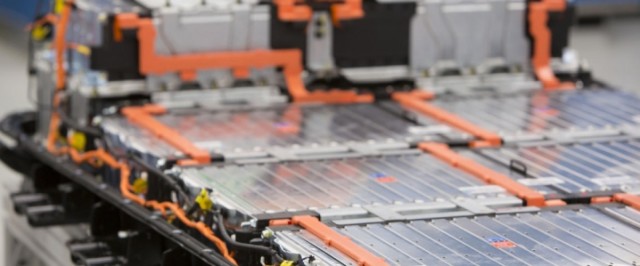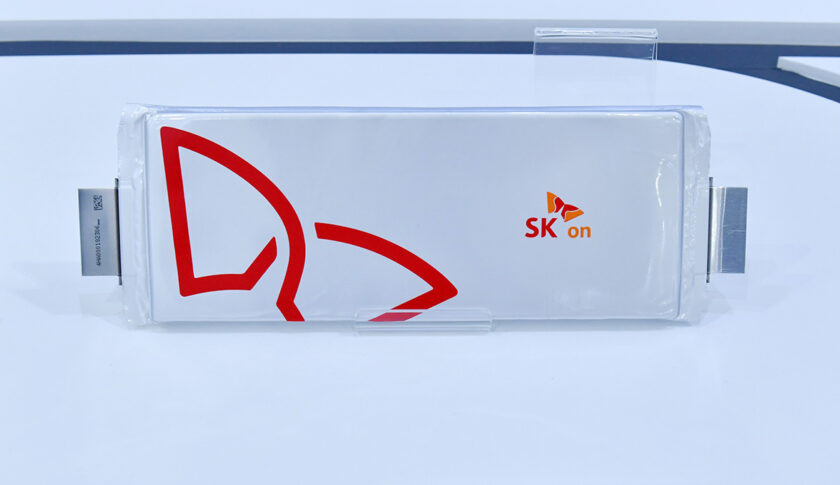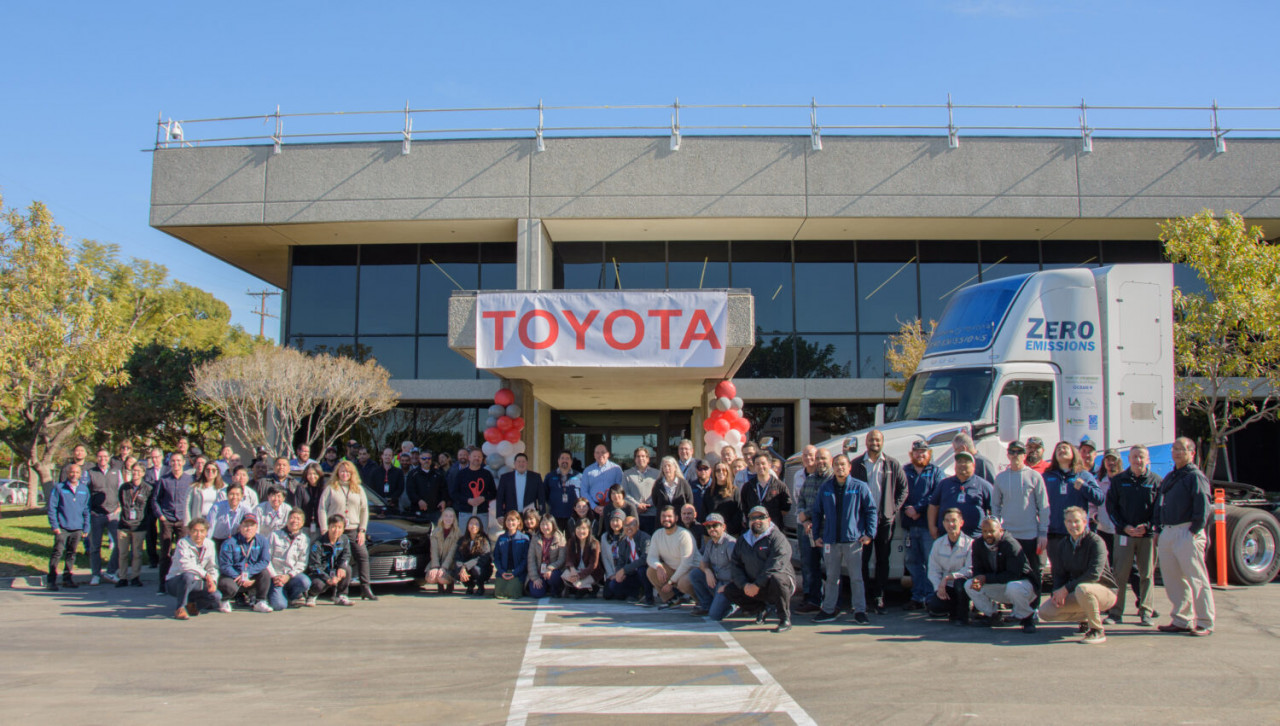New Horizons in global battery R&D and investments
Major countries around the world are framing energy storage regulations and investing in R&D to advance battery technology development, commercialization and manufacturing. Dr. Shrikant Nagpure, Asst. Manager R&D at Customized Energy Solutions takes stock of the major government initiatives and scope of their efforts.
All over the world energy storage is seen as a key enabler in harnessing the full potential of renewable energy sources and electrified transportation to reduce the environmental effects of fossil fuels. Every nation realizes energy storage as a vital element for its energy security and economic sustainability. Over the past couple of decades, government and private funds have been dedicated towards the development of efficient and economical
batteries for energy storage systems. The research, in so far, has been mainly focused on lithium and Li-ion-based technologies due to its clear advantage in energy density over other battery chemistries. The research on Li-ion and lithium batteries continue to garner interest mainly to improve the cost ($/kWh), the energy density (Wh/kg and Wh/l), fast charging capability, safety of the technology, and recycling of used batteries.
Here's a look at few battery R&D efforts underway around the globe:
United States: In the US battery R&D efforts are led by the Department of Energy (DOE) programs. Recently, the US announced the Energy Storage Grand Challenge investing $158 million. Through this initiative, the US seeks to advance its battery technology development, commercialization, manufacturing, valuation, and workforce development. Last year, DOE launched its first Li-ion recycling R&D center, ReCell with $15 million funding. In FY 2018, the DOE's battery R&D funding was approximately $101 million. The three major focus areas of DOE efforts are:
• Exploratory Battery Materials Research: Focused on new materials for Li and beyond lithium chemistries.
• Applied Battery Research: Focused on mitigating the issues that impact the performance and life of cells with new battery materials.
• Advanced Battery Development, System Analysis, and Testing: Focused on meeting the goals for specific vehicle applications by the reduction in cost, increase in life and improved performance of battery cells and modules.
European Union: In Europe, major government initiatives are led by the Horizon 2020 funding under the European Union (EU). Under the Horizon 2020, in 2019, €114 million were made available to fund projects in seven topics related to battery development for various applications. The research and innovation activities are structured around three focus areas:
• Battery material, chemistry, design, and recycling
• Manufacturing
• Application and integration
The break-up of the funding is such that €25 million has been allotted for solid-state batteries for electric vehicles, €30 million for next-generation materials for Li-ion batteries, €13 million for cell and battery pack modeling and simulation R&D and €2 million for developing a network of cell manufacturing pilot lines.
Recently, seven EU member states - Belgium, Germany, France, Italy, Poland, Finland, and Sweden –decided to contribute €3.2 billion for Li-ion battery research. The main areas of focus are to include the extraction and processing of raw materials, development of advanced chemistries, cell and module design, system integration and battery recycling.
United Kingdom: In the UK, the government has set up a new initiative, the Faraday Challenge and invested £246 million in research and innovation projects and construction of new facilities and institutes to scale-up and advance production, use and recycling of batteries. Under this program, an £80 million automotive battery industrialization center (UKBIC) has been set up to accelerate opportunities for the most promising early and mid-stage research (TRL = 3-5) and development activities to feed through into scale-up and commercial exploitation (TRL = 7-9).
South Korea: In South Korea, three major battery makers of the country, LG Chem, Samsung SDI, and SK Innovations have announced joint funding of $88.04 million to promote the development of the country's rechargeable battery industry.
Australia: In Australia, the Australian Research Council (ARC) is supporting heavily in energy storage technology development. ARC has contributed over $318 million for fundamental science research including eight projects related to solar and energy storage technology.
India: In India, efforts in the space of advanced battery technology is lacking in comparison to global R&D efforts. Although the Indian government has shown a very strong interest in promoting electric vehicles by offering considerable subsidies, clear guidelines regarding the expected performance targets from battery packs for vehicles have not yet been developed. Such targets, for example by US Advanced Battery Consortium (USABC), have driven the battery technology for vehicle electrification in the US. Due to the lack of a clear definition of expected performance metrics, the domestic R&D machinery is unable to set up their minimum and aspirational goals for developing battery technologies for India. The current technologies are unable to perform in Indian tropical conditions. India being a tropical country needs to develop battery technologies that can withstand temperatures above 45°C. Critical R&D investment is needed in developing manufacturing equipment, pilot plants to advance battery manufacturing technology and testing labs to evaluate the performance of the batteries. Apart from this, fundamental materials research is needed to develop materials for tropical conditions. The Department of Science and Technology is expected to soon release funding opportunities to develop battery technology in India. It remains to be seen if India will take this opportunity and become a technology developer or technology importer.























